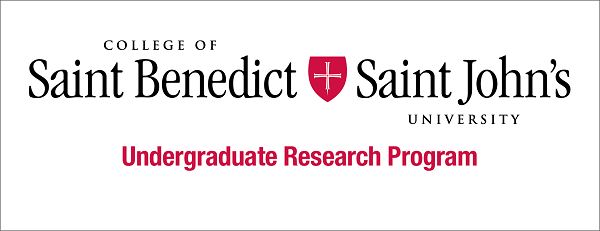Document Type
Poster
Publication Date
4-24-2020
Advisor
Henry Jakubowski, Edward McIntee
Abstract
Overconsumption of alcohol is one cause of chronic inflammation, which appears to be mediated by the canonical NF-kB pathway. TLR4 (a pathogen and damage associated molecular pattern receptor) and HMGB1 (a nuclear DNA binding protein and damage associated pattern molecule) levels are elevated in postmortem brains of chronic alcoholics. Meditation has been found to be effective in treating excessive alcohol drinking as it elicits both psychological and biochemical effects through theta wave induction throughout the brain. We propose that meditation lowers expression of inflammatory markers in the brain and systemically, as well as elicits behavioral changes that lead to a decrease in ethanol consumption. We will mimic a meditative state using optogenetics to stimulate rhythmic theta waves in discrete areas of the brain. We will then measure changes in expression of molecules associated with the inflammatory state and correlate them with behavioral changes. The study of these interactions may provide potential new targets for therapeutic intervention.
Recommended Citation
Nguyen, My; Imm, Emily; Claypool, Mackenzie; and Lott, Gabriella, "Can Theta Wave Induction Lower Inflammation and Alcohol Consumption in Mice?" (2020). Celebrating Scholarship and Creativity Day (2018-). 114.
https://digitalcommons.csbsju.edu/ur_cscday/114

